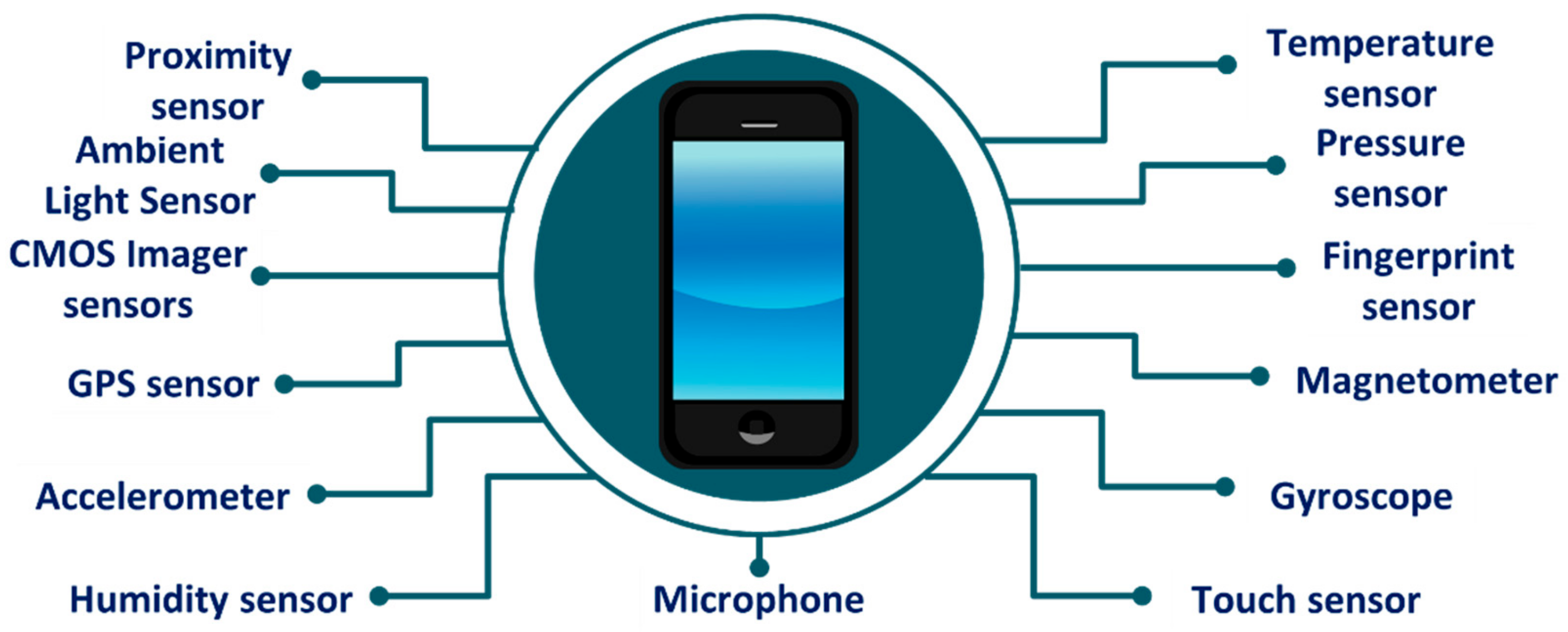Resource Stack
| Resource | Location |
|---|---|
| Point of Contact | Unknown User (abhishek_pratap) _Ramzi HalabiUnknown User (calvin_herd) (sensor data) Unknown User (sophia_li)(survey data) |
| Admin | |
| Contractor | |
| Tech JIRA Project | |
| Code Repo | https://github.com/aid4mh/washdata_analysis (data analysis related) https://github.com/aid4mh/washstudy_ops (operational related) |
| Timeline | https://docs.google.com/spreadsheets/d/1-6ShkuSEzzxG1QlJQ7nX-KytWkFWNzGvuKQdymgqLkA/edit?usp=sharing (WASH Compliance Study 2022Q1 Timeline) https://docs.google.com/spreadsheets/d/1tnzbnyDnKVXcOucRQgaANO5uJfNzIdxvqHNMgTZEPLQ/edit?usp=sharing (WASH Sensor Data QA/QC 2022Q1 Timeline) |
| Other Public Websites | https://psychiatry.uw.edu/project/hippocratic-app-study/ |
| Enrollment Website | https://healthstudy.tozny.com/help |
| Study protocol and participant consent | Consent: https://drive.google.com/file/d/1t40rf0pEvcczgVlCkCbiics4ko2lNzS1/view?usp=sharing |
